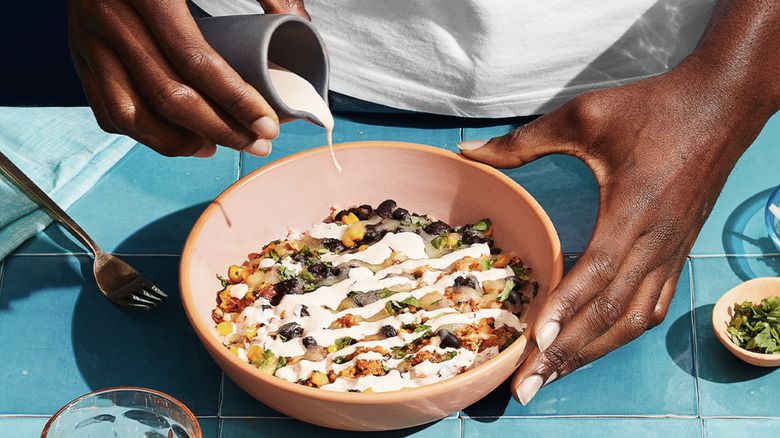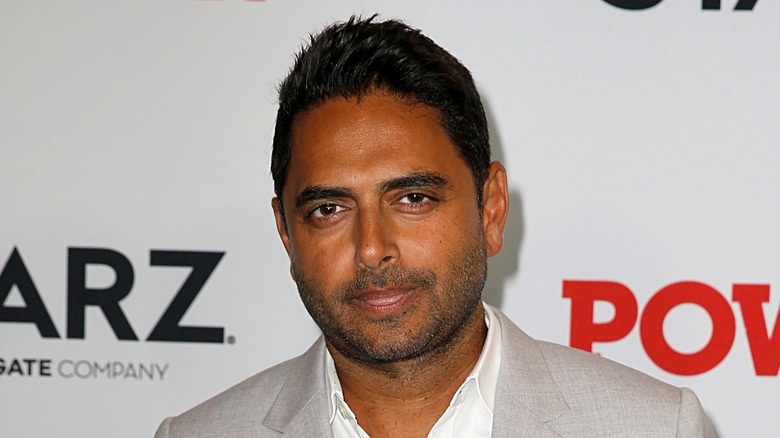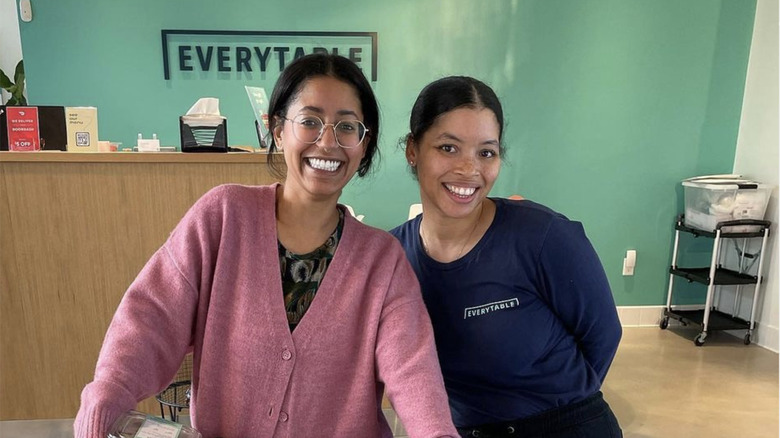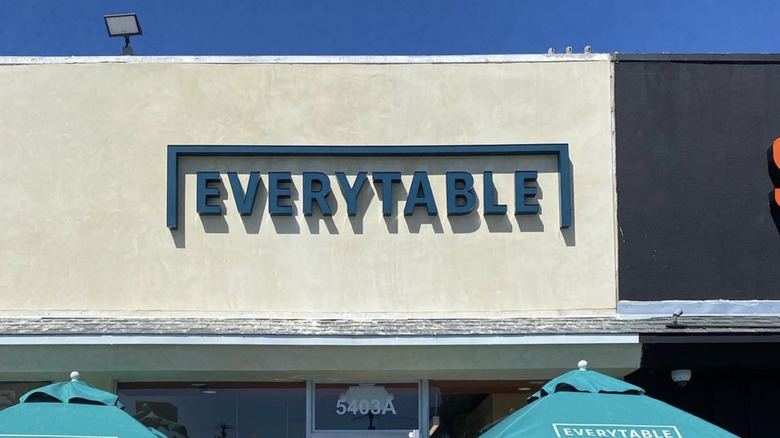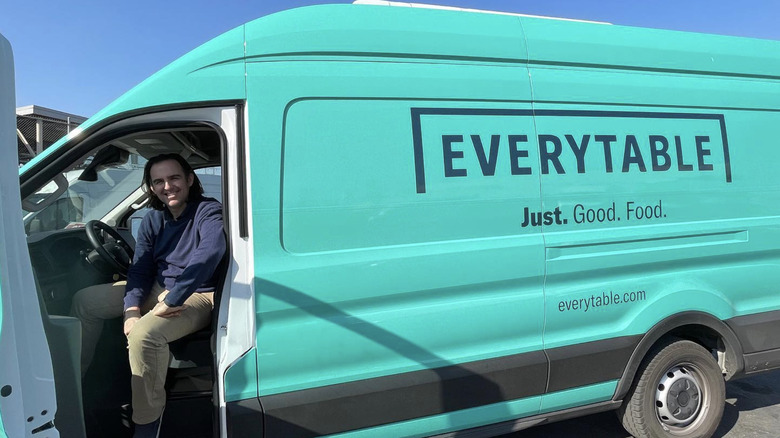Where Is Everytable From Shark Tank Today?
Most people on "Shark Tank" are out to make a quick buck. But sometimes people go on the show with a business idea that has the potential to not only make money, but make the world a better place in the process. Such was the case with Everytable in Season 9, Episode 21 of the show, which aired in January 2018.
Food deserts — residential areas where affordable, decent-quality foods are nonexistent or in limited supply — are a major problem in America. This is particularly an issue in low-income communities, especially those that primarily consist of people of color. Everytable founders Sam Polk and David Foster set out to combat this problem by providing healthy, low-cost prepackaged meals in their own stores, with a particular focus on servicing underserved communities.
"Healthy food is a human right, and shouldn't be a luxury product, which is what it has become," according to Polk, who worked as a Wall Street hedge fund manager back in the late 2000s. When the 2008 crash hit, Polk decided he wanted to do something more important than making money, which led him to the food desert problem. But he and Foster really needed funding to kick things off with their new company. Enter the Sharks, to whom they would offer a 5% stake in the company for just $1 million.
Most of the Sharks were highly skeptical of Everytable, but one was willing to take a chance
The only problem was that most of the Sharks weren't biting on their pitch. Barbara Corcoran didn't seem to understand the importance of Everytable's mission, declaring that Sam Polk and David Foster weren't real entrepreneurs and that she didn't "feel a fire in [their] belly." Lori Greiner's response was that the two lacked creativity and motivation. Mark Cuban and Robert Herjavec actually did seem to value what they were trying to do, but balked at the high risk and low margin for error in Everytable's business plan.
Guest Shark Rohan Oza, however, seemed to quite like the idea. Though he understood the other Sharks' points, Oza also understood what the company was trying to do, and agreed to fund Polk and Foster — albeit at a sharp price. Oza gave them $1 million in exchange for 10% of the entire company, double what the duo had been looking for.
Everytable didn't waste its opportunity
It's safe to say Rohan Oza's investment was a smart one, because Everytable took off and has stayed sailing since. After time spent setting things up (a brick and mortar venture is, as Mark Cuban pointed out, a lengthy and cost-rich investment), and some delays due to the COVID-19 pandemic, Everytable really got going in 2021-2022. Though it began in Los Angeles, by mid-2022, the company had expanded its reach to include not only the Orange County exurbs but also San Francisco, San Diego, and New York. Market targets through 2024 include Phoenix, Chicago, Boston, Washington D.C., and multiple Texas cities.
By the end of 2022, Everytable was doing even better. The company tripled its number of locations that year, and also introduced subscription and delivery services to its business model. Even more impressively, the company has introduced a unique franchising model focused on increasing ownership among women and people of color. Because those groups typical lack the capital for initial investment, Everytable's approach is to raise the starting capital for them, in addition to providing longterm mentorship. After the location becomes profitable, the franchisees are expected to pay back the investment cost slowly over time.
Everytable's success is explained by both execution and foresight
It's not hard to see, ultimately, why Everytable is doing well. Bringing healthy foods to an underserved market is an area with zero competition — simply nobody else is really trying to do it, even a half-decade after Sam Polk and David Foster appeared on "Shark Tank." Pulling off a business plan with no competitors really is a good way to succeed, especially in a market with a lot of potential growth. As Polk told Forbes, "This is the biggest market opportunity, period. Figuring out healthy, fresh food is a massive market."
That doesn't mean the business doesn't have its challenges. The margins, as Mark Cuban pointed out, are higher-risk than a lot of other potential ventures. Getting around that problem is all about logistics, and finding ways to get products to the right places while minimizing waste and mistakes: in Polk's words, it's "execution, execution, execution." You can't succeed in a business like this, even without competition, if your quality and business sense aren't top notch.
Everytable is still going strong and looking to the future
Everytable's success is still going, albeit at a slightly slower rate than initially planned. In addition to releasing a summer menu for 2023 containing themed items like salads and BBQ, the company released an impact report for 2022 detailing its reach and the effect it's had on vulnerable communities. The company opened 39 new locations in 2022, 14 of them in underserved areas. The first half of 2023 saw the company increase its total spots by nine, bringing it up to 63 total locations by the end of May. Everytable is also planning a further 25 locations in the second half of the year.
Most importantly (for the Sharks, at least), the company continues to have no issues attracting new money. In late June of 2023, the company announced a new round of $25 million Series C-2 funding, making it clear that there's still plenty of interest in the company's viability among the investor class. Its lofty 2023 goals of 75 new locations might not be met, but that doesn't mean the brand isn't doing well.
